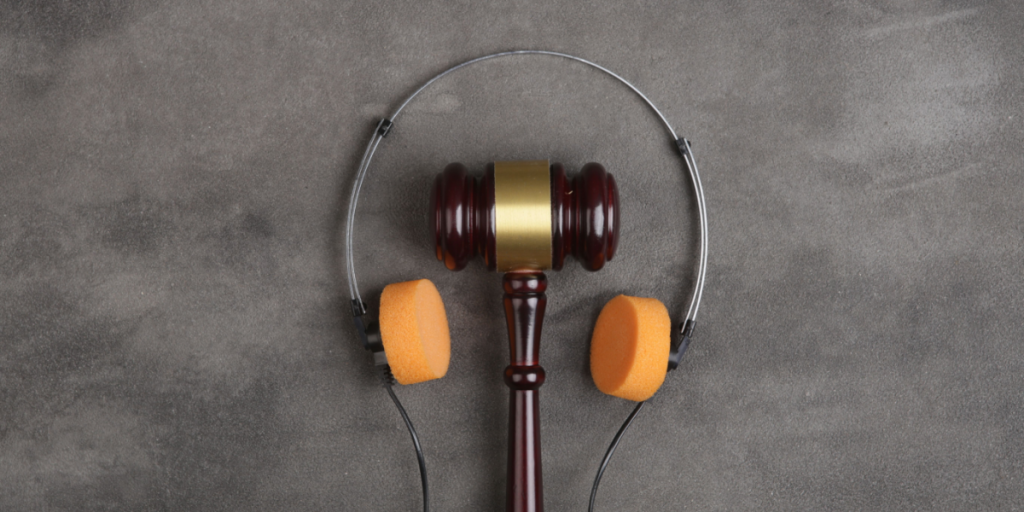He brought a guitar to the court room to prove his innocence.
Others are reading now
He brought a guitar to the court room to prove his innocence.
Frontman turned solo artist
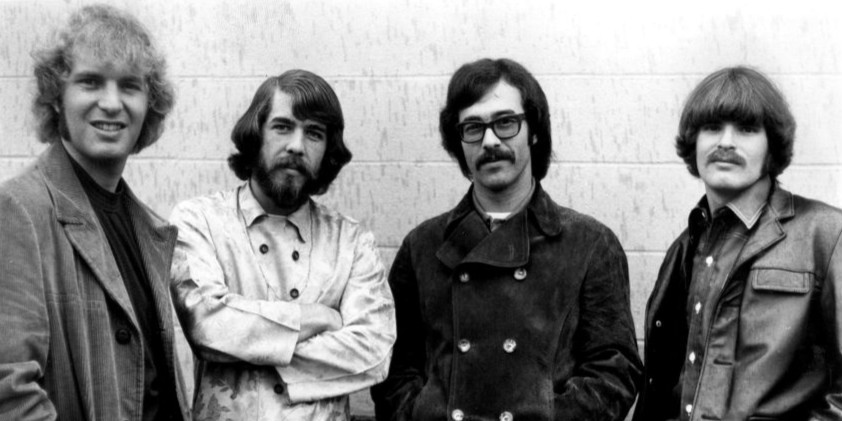
John Fogerty rose to fame as the lead singer, guitarist, and songwriter for Creedence Clearwater Revival (CCR), penning hits like “Bad Moon Rising”, “Proud Mary”, and “Run Through the Jungle.”
After CCR broke up in the early 1970s, Fogerty began a solo career.
Fantasy Records
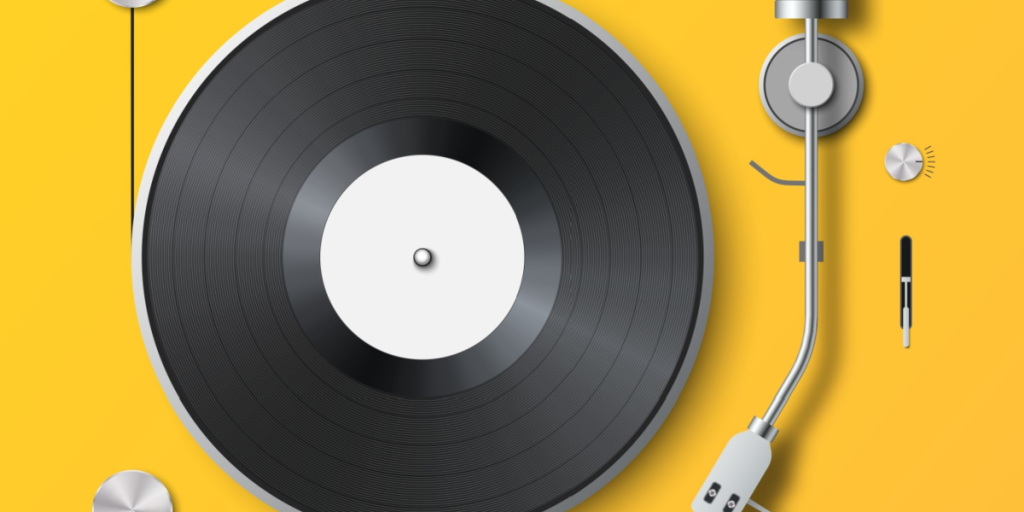
Fogerty had signed CCR’s publishing rights to Fantasy Records
As a result, Fantasy owned the rights to all his CCR-era songs, including “Run Through the Jungle.”
Also read
Remember the title of that song.
The Comeback

In 1984, Fogerty released “Centerfield”, his first solo album in nearly a decade.
The lead single, “The Old Man Down the Road”, marked a successful comeback, reaching No. 10 on the Billboard Hot 100.
But the song’s familiar swamp-rock groove would land him in court.
Fantasy Records Cries Foul
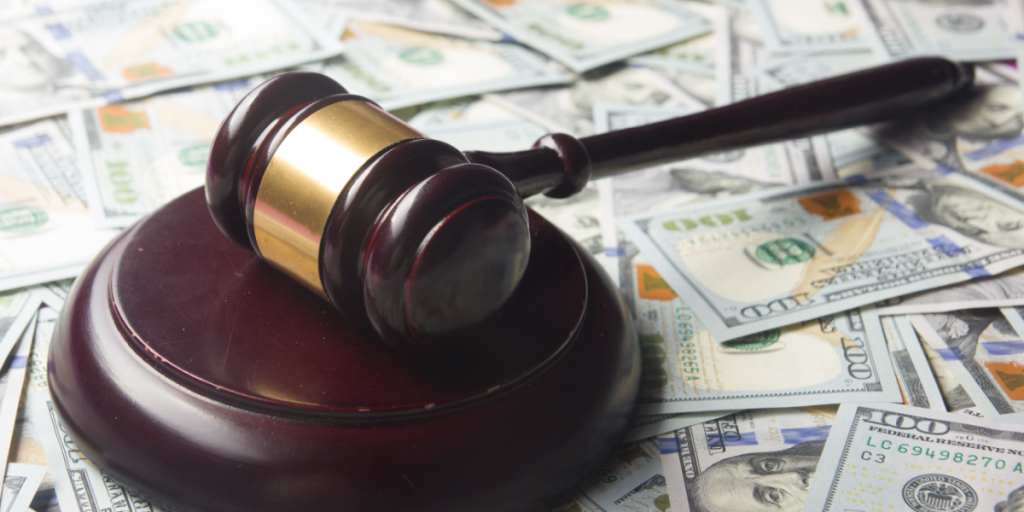
Fantasy Records filed a lawsuit in 1985, claiming “The Old Man Down the Road” was essentially a copy of “Run Through the Jungle.”
Also read
Since Fantasy owned the copyright to the latter, they argued Fogerty had plagiarized himself — and owed them damages.
Fogerty Defends Himself — with a Guitar

In a dramatic moment during the trial, Fogerty brought his guitar to court to play both songs live.
He demonstrated their different chord progressions, lyrics, and melodies, arguing that they were distinct compositions, even if they shared a stylistic vibe.
Jury Sided with Fogerty
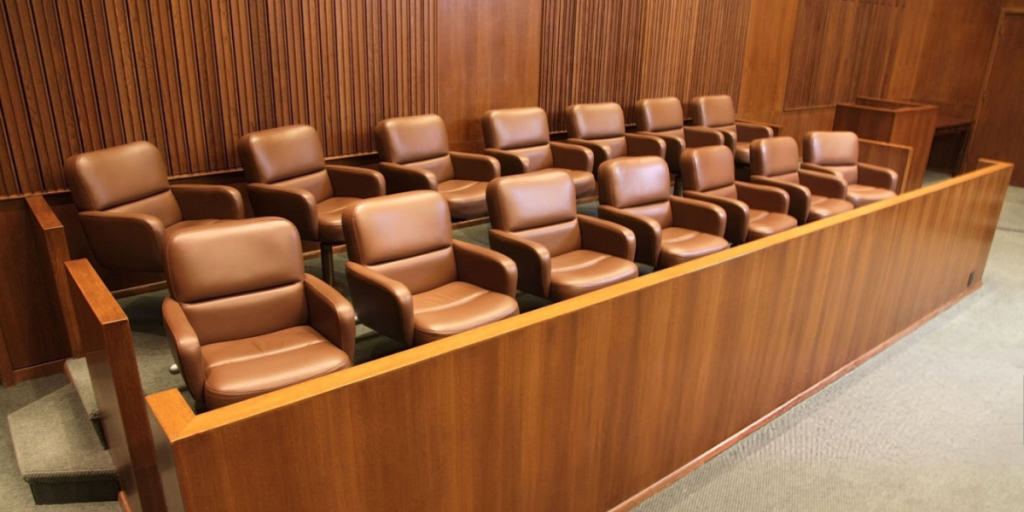
The jury found in Fogerty’s favor, determining that “The Old Man Down the Road” was not a copy of “Run Through the Jungle.”
The decision was a major relief for Fogerty and a rare artist victory in a copyright case involving their own earlier work.
Also read
The Irony of Being Sued for Copying Yourself

What made the case so bizarre was the fact that Fogerty had written both songs.
Yet because he no longer owned the rights to his earlier material, the label treated him as if he were infringing on someone else’s property.
Fogerty Strikes Back
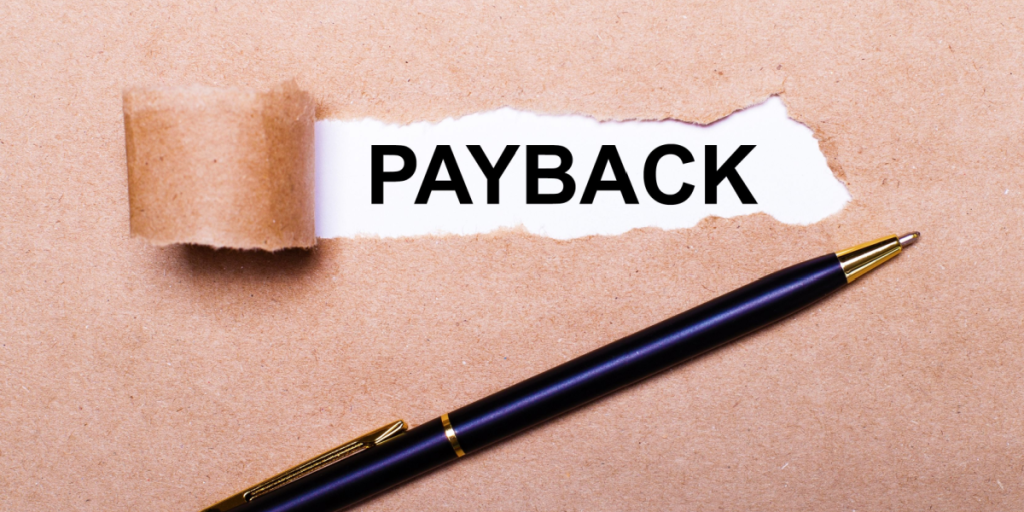
After winning the case, Fogerty sued to recover the nearly $1 million in legal fees he’d racked up defending himself.
Initially, courts denied his request, citing the high bar for recouping fees in copyright cases unless the lawsuit was “frivolous.”
All the Way to the Supreme Court
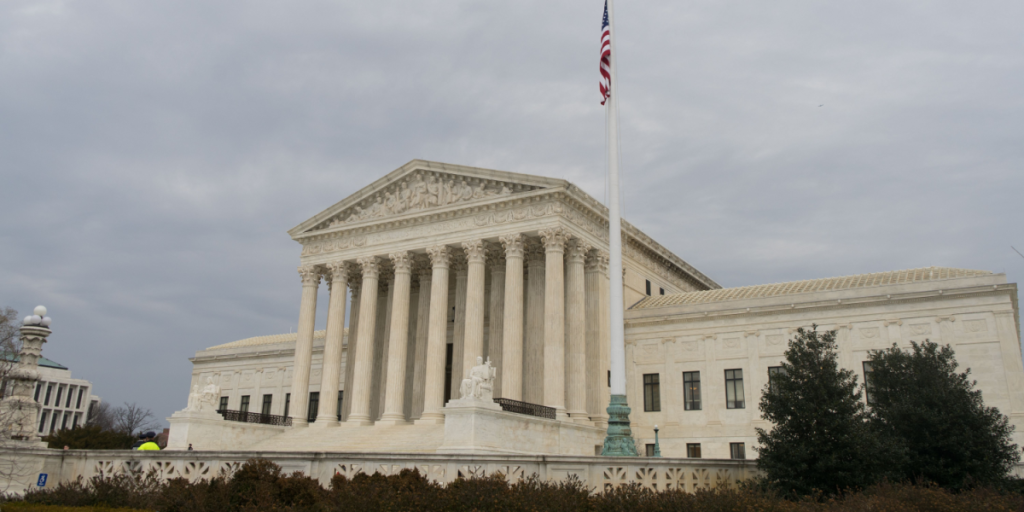
Fogerty appealed the decision, and in 1994, the U.S. Supreme Court ruled in his favor.
Also read
The Court decided that prevailing defendants in copyright cases could recover legal fees without proving the suit was frivolous — setting an important precedent.
A Legacy of Legal Reform and Creative Freedom
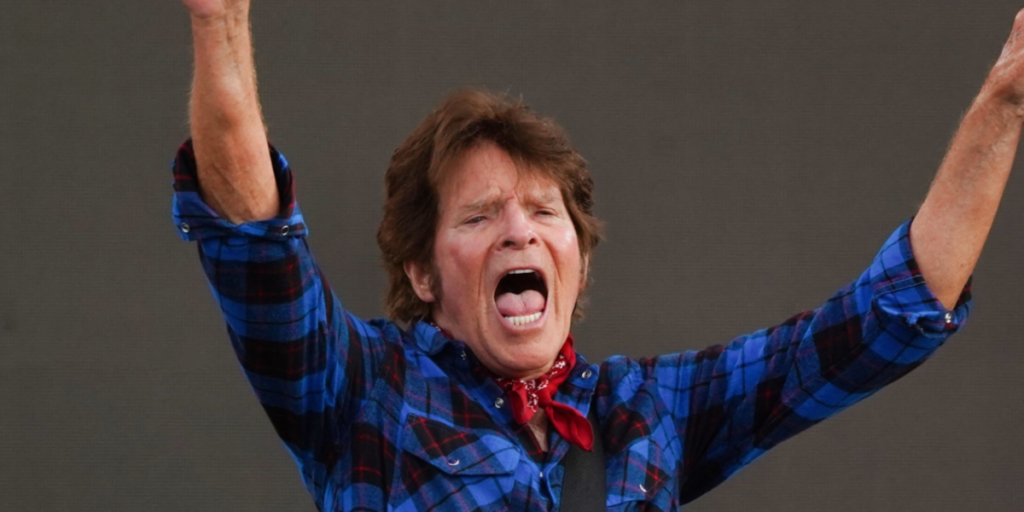
The case became a landmark in copyright law, highlighting how creative artists can be entangled in ownership disputes that defy common sense.
For Fogerty, it was both a personal and artistic vindication — and a hard-earned victory for musicians’ rights.

